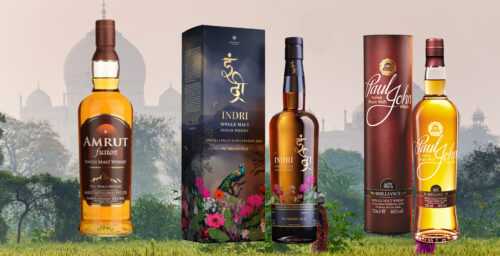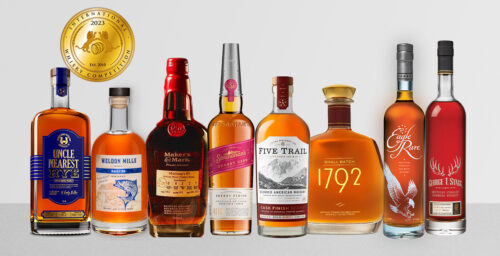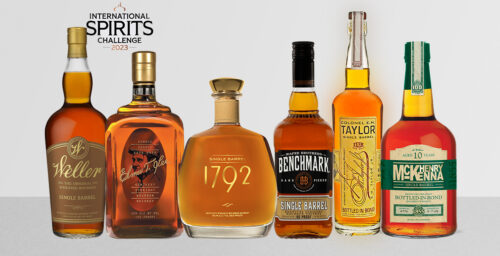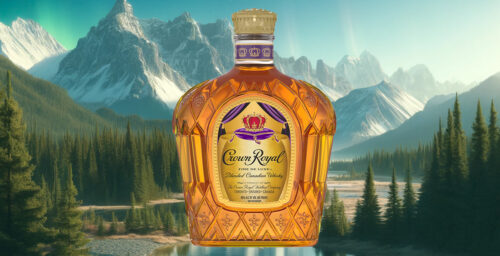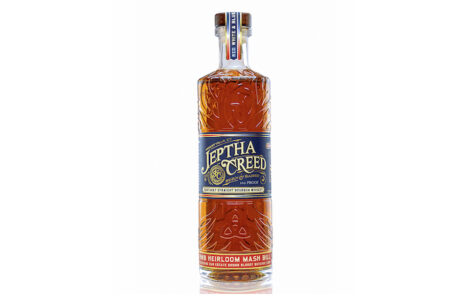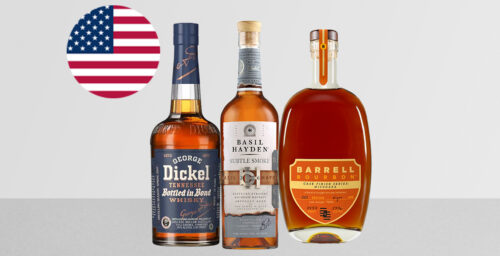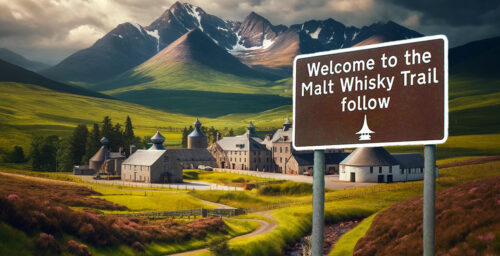Rarity and exceptional quality make organic whiskeys known and appreciated. Like with organic wine, organic spirits and organic whiskey consumers are counted among many consumer types, including the ever important Millennials market segment. Organic specification corresponds to the United States, European Union, Canada and Japan’s comprehensive organic legislation. Only certified producers can take advantage of the term ”organic”. Requirements vary from country to country but generally involve a set of production standards for growing, storage, processing, packaging and shipping.
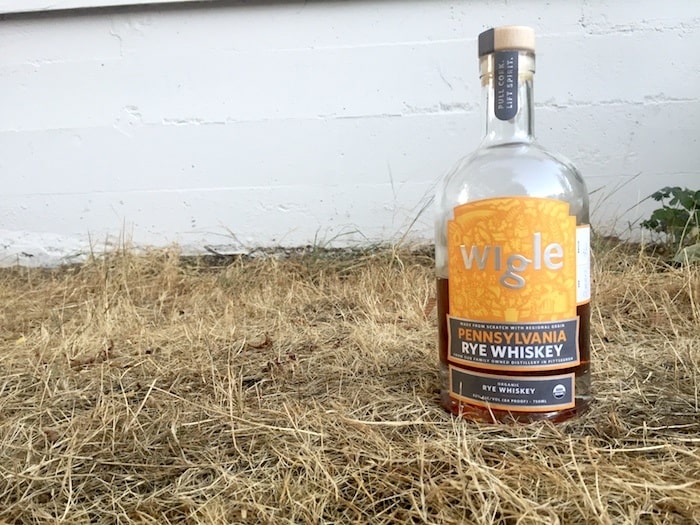
How does the consumer rely on this certification?
From a marketing viewpoint, a 2017 study revealed that a third of consumers are now choosing to buy from brands they believe are doing social or environmental good. Therefore, the use of organically and sustainably grown ingredients prevent the release of synthetic fertilizers and dangerous chemicals. That’s good for the environment and fits the consumer expectations. Therefore, these distilleries lead the way to sustainability.
Organic whiskeys tend to use USDA certified organic wheat, barley, triticale and corn grains that are often locally grown, leading to the concept of “terroir” emerging into the world of spirits. Organic whiskey quality often offers more than strictly following the guidelines and regulation points of the certification requirements.
The following list of examples displays diverse existing processes originating in the production of some marketed organic whiskeys :
- aging in ultra-rare wood casks whose size is lower than the standard one such as with the Bainbridge Yama Mizunara Cask Single Grain Whiskey
- use of a combination of two yeasts for Bainbridge BattlePoint Organic Weat Whiskey
- while keeping the bourbon label designation, the Buffalo Trace Experimental 6 Grain Organic Bourbon is an organically certified bourbon whiskey made from corn, buckwheat, brown rice, sorghum, wheat, and rice
- the Wayward Single Malt Whiskey was double distilled on an alembic still (double distillation) imported from Spain from a mash bill of malted organic two row barley and aged in American charred oak barrels of ten gallons for three years
- the Six Woods distillery makes 100% organic barley malt whiskeys – an unaged version and the older Greenbar Slow Hand Six
- the Wigle Organic Deep Cut Rye is a 100% organic rye using a traditional copper alembic still and aging for 18 months before being bottled at cask strength
- the Pennsylvania Bourbon from the Wigle Company is the first bourbon made in Pennsylvania that uses “local organic yellow corn” and “organic soft winter wheat, as well as malted barley” before being aged in new-charred oak barrels
- Catoctin Creek Distilling Company offers a 100% rye whiskey: Cacoctin Creek Single Barrel Roudstone Rye Whisky from Virginia
If you travel to the European Union, you will find organic whiskies as well, depending on the country you intend to visit. You will find them in Ireland, in France, or in Germany or else in Sweden and obviously in Scotland, where a distillery claiming to be Scotland’s first fully organic whisky distillery has officially opened, three months after starting production. The distillery will produce just under 100,000 liters of pure alcohol each year, and is set to release its first batch of “young, light” whisky in 2020.
And the Distiller?
From a business viewpoint, producers of all sizes are exploring ways to make every stage of their production process more sustainable. Hence, the way to produce organic whiskeys is of concern for them. Distilling organic spirits is significantly more difficult than making spirits using conventionally grown crops and genetically modified yeasts and enzymes. Nevertheless, the trade-off seems to worth it. Some distillers consider that distilling small batches is an advantage, and with a dedication to complete transparency, is the only way in producing the highest quality level.
Managing a business in the most responsible and sustainable manner is possible. You would say, why organic? With the will to achieve the highest quality standard you start by using the best ingredients. Meaning, using organic grains as the bedrock of that spirit category.
Perspectives
The concept of terroir has emerged into the world of spirits, to fulfill both producers and consumers expectations. Consumers looking for ultra-premium craft distilled spirits specially find them among the organic whiskey category. This trend leads the way in eco-friendly distilleries running on renewable energy, related to a sustainable agriculture and offering locally sourced organic raw grains. Organic whiskeys contribute to the expression of the character of the land on which the grains grow.

